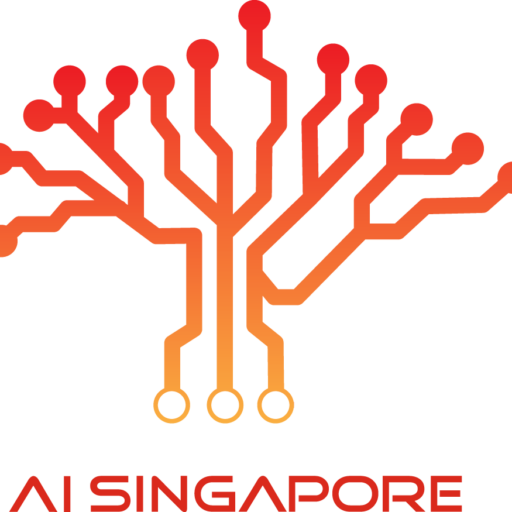
Improving Medical Outcomes of Kidney Dialysis Patients
Kidney failure is on the rise in Singapore with five new cases reported every day, and one new dialysis patient every five hours. Even more sobering than these statistics from the National Kidney Foundation is the fact that patients undergoing dialysis run a higher risk of hospitalisation. And by the time they are hospitalised, their mortality risk would have increased.
The ability to predict hospitalisation risk is therefore key to early medical intervention. But the current process is fuzzy and largely dependent on the experience of medical staff.
To tackle this problem, Renal Team, a healthcare provider for dialysis treatment, teamed up with AI Singapore under the 100Experiments (100E) programme in January 2019 to find a way to predict the hospitalisation of patients.
With the vast amount of data collected from each patient before, during and after their dialysis, there was potential in using this data to train an AI model to carry out this task. The prediction from the model could then be used as decision support for the medical team.
To develop the model, the 100E team input established medical knowledge into the model and trained it to mimic the thought process of medical professionals.
Capturing established medical knowledge
Most medical readings are raw numbers which have to be translated into meaningful medical information. For example, there are guidelines on the healthy range for a particular parameter. An individual with blood pressure above 140/90 mmHg, for instance, would be classified as having hypertension. To give meaning to the raw blood pressure data, the numbers were converted into categories 0, 1, 2 or 3 for low, healthy, pre-hypertensive and hypertensive blood pressure, respectively.

Thinking like a doctor
The team consulted medical professionals to understand their thought processes when assessing the hospitalisation risk of patients. They found out that medical professionals typically looked at trends in the patients’ medical parameters to assess their health conditions.
The team then created moving averages out of continuous raw medical data to capture these trends and enable the AI model to learn from them, thereby mimicking the thought process of medical professionals.
During a month-long trial, the AI model achieved 36 percent better precision in predicting the hospitalisation of patients compared with the medical teams.
Making better data-driven decisions
The AI model has since been integrated into the systems at RenalTeam’s dialysis centres. It serves as a decision support tool for medical staff. Patients who are flagged out by the AI model are prioritised and re-assessed by senior nurses who will then decide if any medical intervention is needed.
Although a perfect AI model with 100 percent accuracy may never be achievable, the current model can be continuously improved with feedback from medical staff.
“We look forward to using and enhancing the AI model to help our care teams make better data-driven decisions to improve our care and reduce the hospitalisation of our patients,” said RenalTeam’s group managing director Chan Wai Chuen.
Click here for more details on the 100E Programme.


